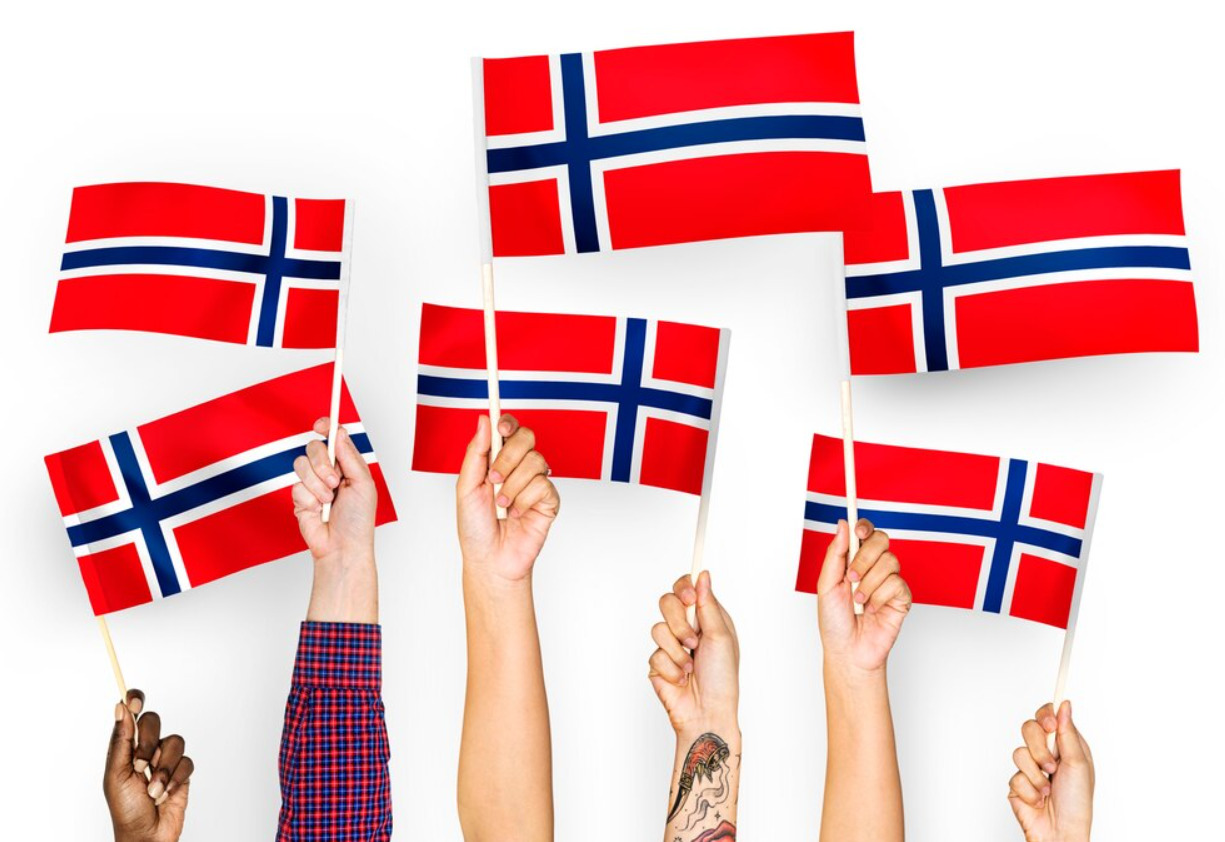Table of Contents
TogglePublic holidays play a significant role in any country’s culture and tradition, offering a glimpse into its history, values, and way of life. Norway, a picturesque Scandinavian nation known for its stunning fjords, rich heritage, and progressive society, is no exception. Norwegian public holidays are an integral part of the nation’s identity, reflecting its deep-rooted customs, historical events, and commitment to work-life balance. In this article, we’ll explore the major public holidays celebrated in Norway, delving into their origins, customs, and the unique Norwegian way of celebrating, along with the day off they provide.
Public Holidays in Norway
1.New Year’s Day (Første nyttårsdag) – January 1st
2.Easter (Påske) – Date varies (March/April)
3.May 1st (Første mai) – Labor Day
4.Constitution Day (17. mai) – May 17th
5.Pentecost (Pinse) – Date varies (May/June)
6.Christmas (Jul) – December 25th
7.St. Stephen’s Day (Stefansdagen) – December 26th
New Year’s Day (Første nyttårsdag) – January 1st
The year kicks off in Norway with New Year’s Day, celebrated with fireworks, parties, and festive gatherings. Norwegians often gather with family and friends to usher in the new year, sharing traditional foods like “kransekake” (a ring-shaped almond cake) and watching the impressive fireworks displays that light up the skies in major cities like Oslo and Bergen. It is also a day off for most Norwegians to recover from the New Year’s Eve celebrations.
Easter (Påske) – Date varies (March/April)
Easter is a significant holiday in Norway, marking the beginning of spring and symbolizing rebirth. Norwegians typically celebrate Easter with a blend of Christian and pagan traditions, including church services, egg painting, and “påskekrim” (Easter crime novels). Many Norwegians enjoy a long weekend during Easter, giving them time to relax, go on vacations, or participate in outdoor activities.
May 1st (Første mai) – Labor Day
May 1st, known as Labor Day, is celebrated in Norway with parades, demonstrations,
and speeches advocating workers’ rights and social equality. While it is a day for serious reflection, it’s also an occasion for picnics and outdoor activities as Norwegians welcome the arrival of spring. It is a national holiday, allowing workers to enjoy a well-deserved day off.
Constitution Day (17. mai) – May 17th
Perhaps the most iconic of all Norwegian holidays, Constitution Day commemorates the signing of Norway’s constitution in 1814. The day is celebrated with patriotic fervor, parades, children’s processions,
and the wearing of traditional folk costumes called “bunad.” Flags, music, and delicious food are integral to the celebrations, with hot dogs and ice cream being particularly popular treats. It is a day off for most Norwegians to participate fully in the festivities.
Pentecost (Pinse) – Date varies (May/June)
Pentecost is a Christian holiday celebrated 50 days after Easter, marking the descent of the Holy Spirit. In Norway, it is an opportunity for people to enjoy a long weekend and engage in various outdoor activities, such as hiking, fishing, or camping, as the weather is usually pleasant during this time. Many businesses and institutions are closed on this day, providing a day off for workers.
Christmas (Jul) – December 25th
Christmas in Norway is a magical time when the country is adorned with twinkling lights,
and people cozy up in their homes with family and friends. Traditional Norwegian Christmas customs include the “julebord” (Christmas buffet), decorating the Christmas tree, and attending church services. Children eagerly await the arrival of “Julenissen” (Father Christmas) and his gifts on Christmas Eve. Christmas Day is a public holiday, allowing Norwegians to spend the day with loved ones.
St. Stephen’s Day (Stefansdagen) – December 26th
St. Stephen’s Day, also known as Boxing Day, is a public holiday in Norway. It is a time for relaxation and spending time with loved ones after the hustle and bustle of Christmas. Many Norwegians enjoy this day off to continue their festive celebrations or simply unwind.
Conclusion
Norway’s public holidays, in addition to providing opportunities for cultural and traditional celebrations, also offer valuable day off for workers to relax, spend time with family, and recharge. These holidays showcase Norway’s commitment to work-life balance and its recognition of the importance of leisure time for its citizens. In today’s digital age,
where remote work and virtual meetings have become the norm, many Norwegians also appreciate the chance to use platforms like Zoom to connect with loved ones during these holidays. via a Zoom call with family members spread across the country or enjoying a Christmas feast in a cozy cabin while video chatting with friends who couldn’t make it in person, celebrating public holidays in Norway has adapted to modern technology.
